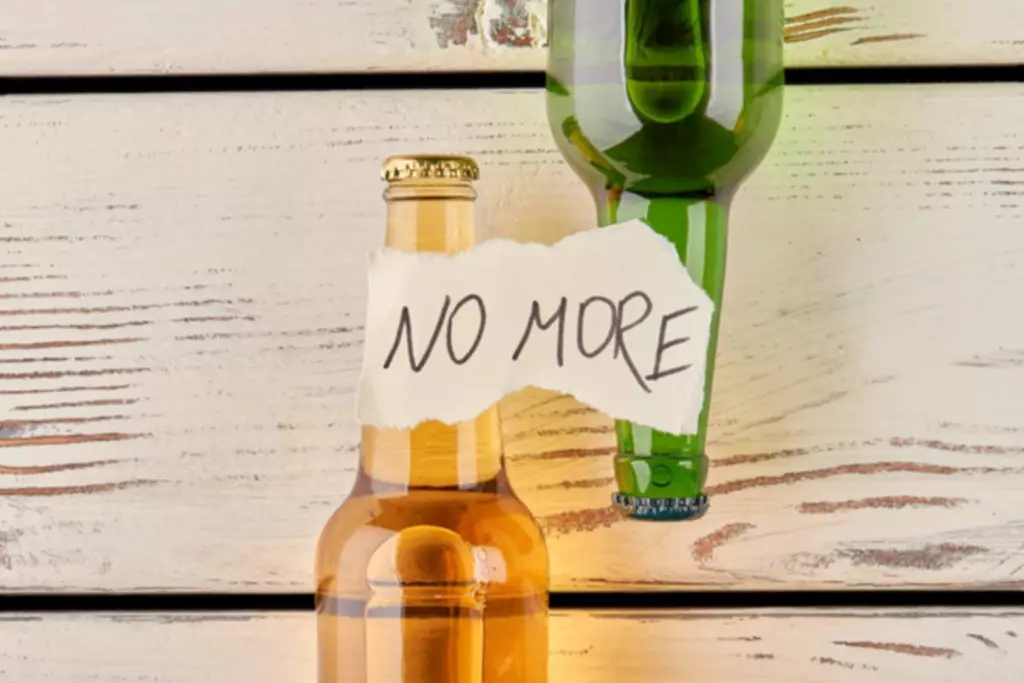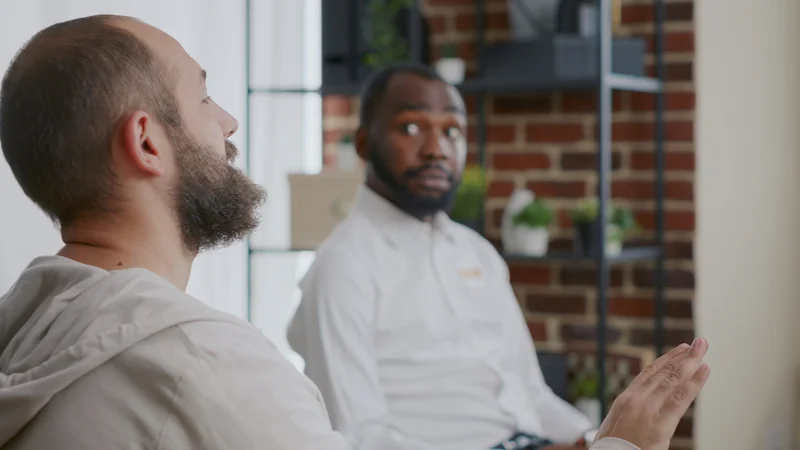Step One: What Is Powerlessness Over Addiction?
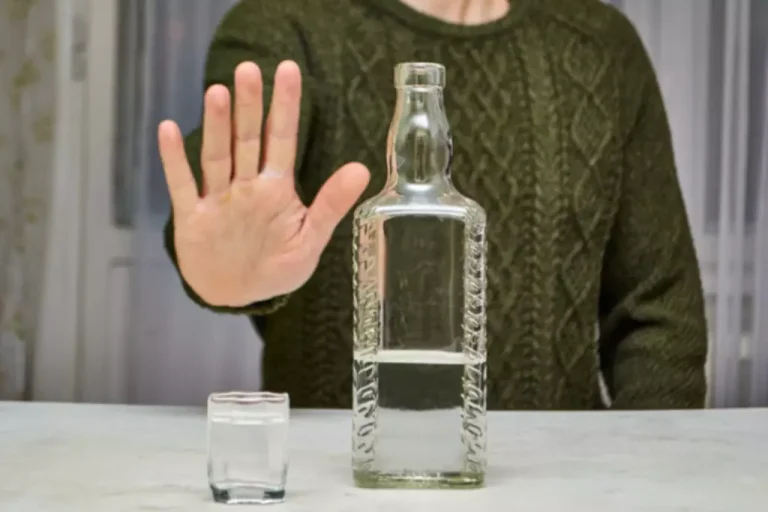
“Life is a balance between what we can control and what we cannot. In working Step 1, we are faced with the reality that we are powerless over many aspects of what we define as the “problem.” Even with the best intentions, we cannot control our drinking or using. We cannot control our initial emotional or physical responses to others, and we most definitely cannot control the thoughts or behaviors of others. What I came to learn was that when and if I took that first drink, restricted food intake, or acted on my inner circle behaviors I was no longer in control of the behavior. Addiction has been described as a chronic and progressive disease.
Warning Signs of a Drug Relapse: Spot Them Early
- This cultivated the first glimmer of hope I felt in my sobriety – the idea that I was capable of living life in a different way.
- If God was all-powerful and could arrest my addiction, why couldn’t he find me a husband or buy me a house?
- For those who decide to use the 12 steps in their quest for recovery, there is a lot to learn.
Alternatively, you can use this entire list as a daily affirmation to support you in your recovery. Admitting powerlessness requires getting honest with yourself about reality, instead of the “stinkin’ thinkin’” (delusion and denial) that enables your addiction. It involves realizing that your attempts at self-control are drug addiction treatment not cutting it, and that you need to rely on others to support you in gaining discipline and control.
Xanax Abuse: Warning Signs & Symptoms Of Xanax Addiction And Abuse
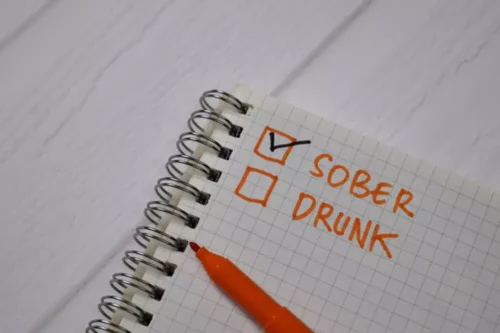
Read on to learn more about the concept of powerlessness, what it really means, and why it’s so critical in the recovery journey. Understanding powerlessness in sobriety can help you manage your addiction. By relinquishing control over your addiction, you are now free to get help and support from others. In this context, it means that someone feels like they don’t have any control over their life. They may feel like they have little choice but to continue using drugs or alcohol because they lack alternatives.
What is Admitting Powerlessness Over Alcohol or Drugs?
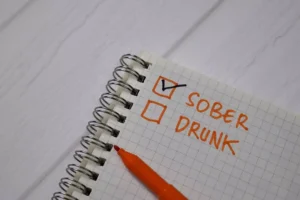
What research has discovered is that acceptance of this step should be centered on the person and what they believe is problematic. Acknowledging that, for many, feelings of ambivalence are a part of the process. That anyone approaching the need to change can benefit from the 12 steps regardless of the stage of acceptance that they are in. A person no longer must hit “rock bottom” to be able to engage in recovery. They can step out of the process at any stage by simply acknowledging they need help, even when they don’t exactly see all the places that this help is needed. Addiction treatment centers often talk about “powerless” as a way to describe the feeling of being unable to control one’s life.
- All of which makes you more receptive to learning and healing, which in turn makes it much easier to follow through with the remaining twelve steps of AA.
- I’ve had to “grow-up out-loud” in the rooms of recovery.
- The first step helps shed light and hope for a possibility that spiritual solutions can deter us from backtracking into that addiction.
- One of the most transformative aspects of addiction recovery isn’t just physical sobriety, it’s rediscovering or…
- The addiction has worn away at your self-control and self-discipline.
I have come to believe that only through surrender powerless over alcohol do I live a life that makes sense. When I deny my powerlessness I can hurt a lot of people by insulating myself from the truth. I have spent a lot of time trying to control the people in my life by helping them. I now realize that I cannot help anyone; I can just let them be themselves.
Benefits of Understanding Powerlessness in Sobriety
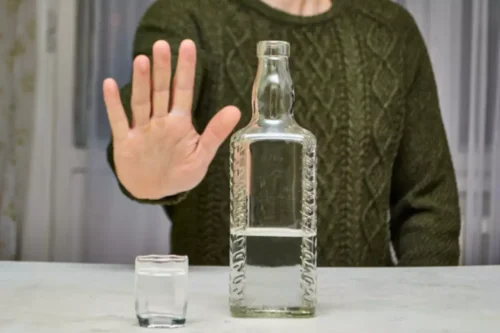
Once you’ve completed Step One and progressed further in your recovery, you may find yourself in a position to help others who are just beginning their journey. Sharing your experience with Step One and how it paved the way for your recovery can be incredibly inspiring and supportive to newcomers. Reflections on how life became unmanageable both the first time I came into AA and this most recent time.
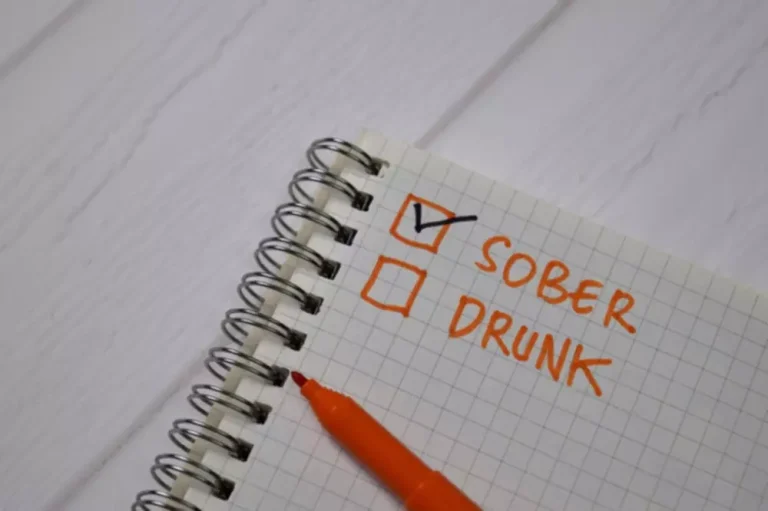
Examples Of Powerlessness
Once we admit we are powerless, the world of recovery opens up to us. Getting clean and sober is initially terrifying – I get it because I’ve done it. But the fear is because we can no longer imagine ourselves or our lives without drugs or alcohol. In the Twelve and Twelve from Alcoholics Anonymous, it talks about us feeling like the hole in the donut when stop drinking and using. We’re afraid we’ll feel empty or that we don’t know who we are if we aren’t getting drunk or high. Yet, as my sponsor has so often told me, fear is just false evidence appearing real.
- It makes so much sense when we look back at our behaviors—the threat of relationships ending, poor health, work-life, bad decisions, legal trouble, etc.
- I’ve written about giving ourselves permission to be human, and becoming more of who you are in earlier posts.
- I wish you well on your continued journey towards emotional sobriety and I would love to hear about your process with turning things over in the comments section.
- Ambrosia Treatment Center of South Florida is here to help those who struggle with addiction.
It’s a candid look at the consequences of addiction, which can be painful but necessary for change. Thinking about this can help you learn from your current situation. You can evaluate the decisions that led to your current feelings of powerlessness and create https://ecosoberhouse.com/ an action plan to prevent repeating those decisions in the future. Appio suggests analyzing times you have felt empowered and were able to take action. Being aware of the circumstances and feelings you had around those scenarios may help you squash feelings of powerlessness and helplessness. The program was just a year old at the time, and consisted mostly of members regaling each other with their acting out adventures.



